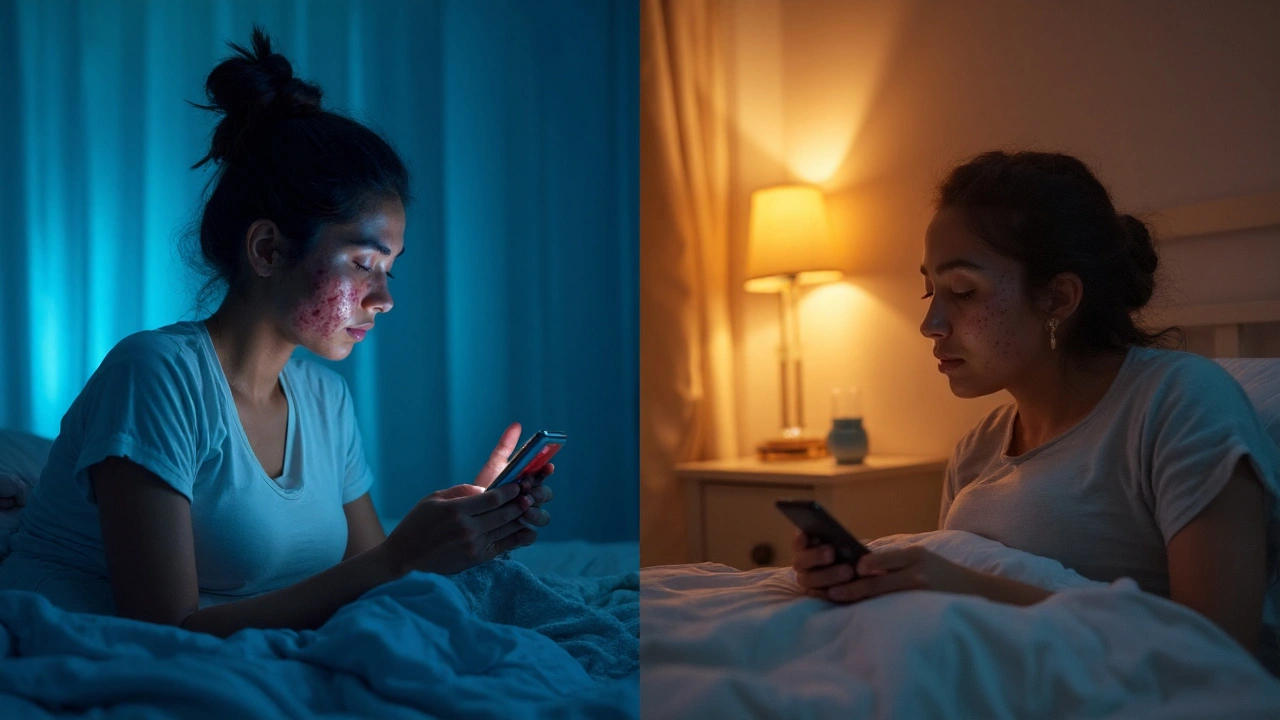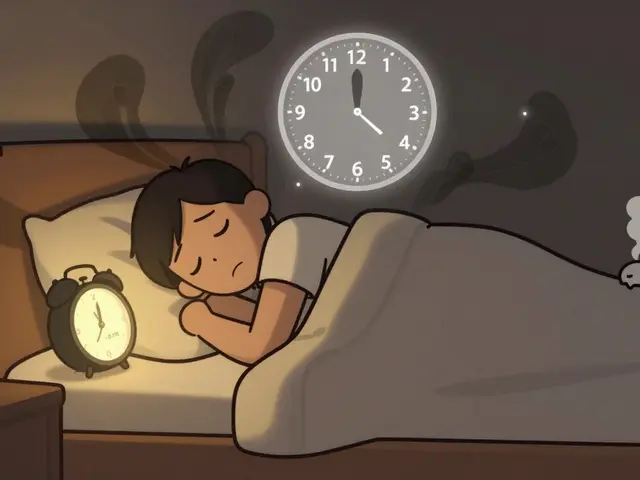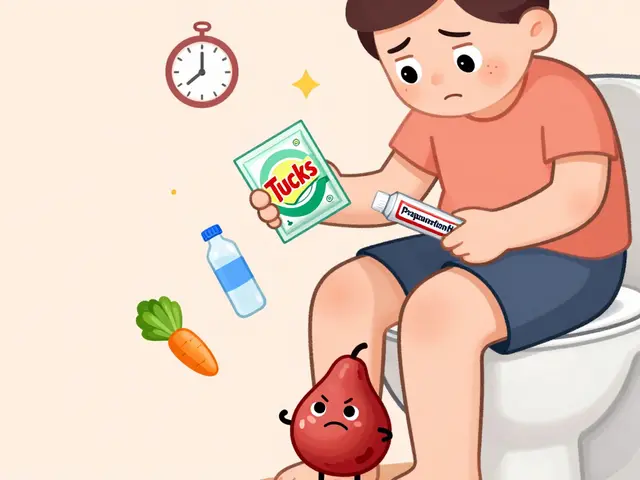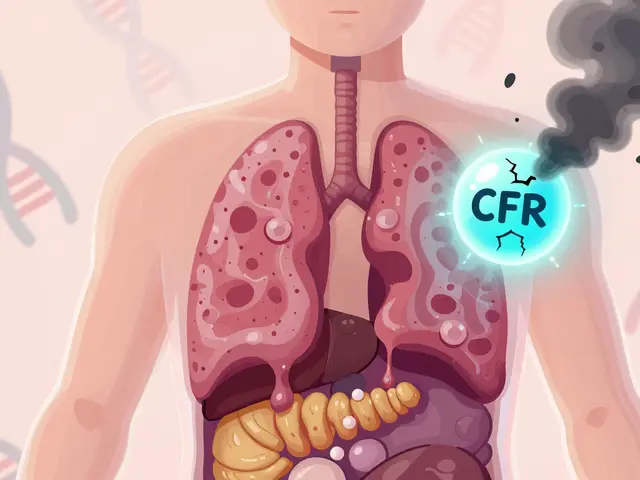Sleep Quality: Simple Steps to Rest Better
If you’ve ever rolled over at 2 am wondering why you can’t drift off, you’re not alone. Getting good sleep isn’t a mystery—just a set of habits you can tweak. Below are easy changes you can start tonight to feel more rested in the morning.
Create a Sleep‑Friendly Space
First, look at your bedroom. A dark, cool, quiet room sends a clear signal to your brain that it’s time to shut down. Use blackout curtains or a sleep mask to block streetlights, and keep the thermostat around 65 °F (18 °C). If noise bothers you, try a fan or white‑noise app; the gentle hum can drown out sudden sounds.
Pick a comfortable mattress and pillow that support your preferred sleep position. You don’t need the most expensive set—just one that keeps your spine aligned and feels snug. Also, limit the bedroom to sleep and intimacy; working or scrolling in bed tricks your mind into staying alert.
Build a Nighttime Routine
Consistency is key. Aim to go to bed and wake up at the same time every day, even on weekends. Your body loves a predictable rhythm, and it’ll start releasing melatonin at the right moment.
About an hour before lights out, start winding down. Turn off bright screens or use a blue‑light filter; the light from phones and TVs can delay melatonin production. Instead, read a paperback, stretch gently, or practice deep breathing. A short meditation or gratitude journal can calm racing thoughts.
Watch what you consume in the evening. Caffeine stays in your system for up to six hours, so ditch coffee after lunch. Alcohol might make you feel sleepy, but it fragments sleep later in the night. Light snacks are fine, but avoid heavy meals right before bed.
Stay active during the day. Regular exercise boosts sleep drive, but try to finish intense workouts at least a few hours before bedtime so your heart rate settles down.
Finally, if you still can’t fall asleep after 20 minutes, get up and do a quiet activity—like listening to soothing music—until you feel sleepy. Tossing and turning in bed only reinforces the association of the mattress with wakefulness.
Small, consistent tweaks add up fast. By shaping your environment, timing, and daily habits, you’ll notice deeper, more refreshing sleep without needing any pills. Give these steps a try tonight and see how quickly your sleep quality improves.
Nodular Acne and Sleep Quality: The Real Link and a Night Routine That Works
How sleep and nodular acne feed each other, what science says, and a simple plan to sleep better and calm breakouts. Practical tips, checklists, FAQs.
View More




